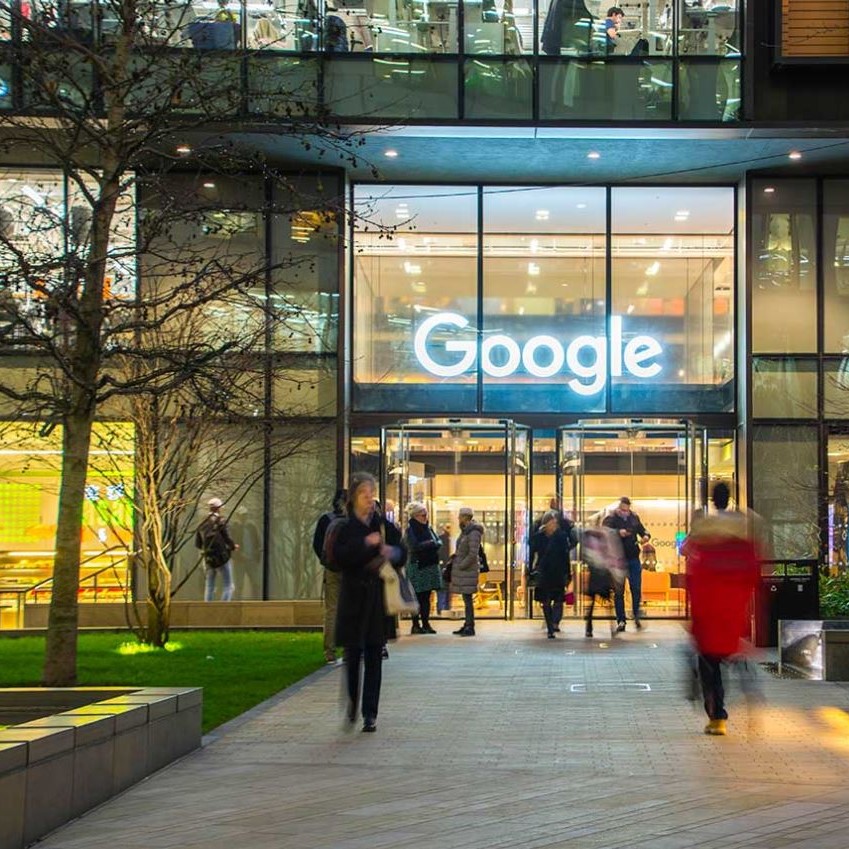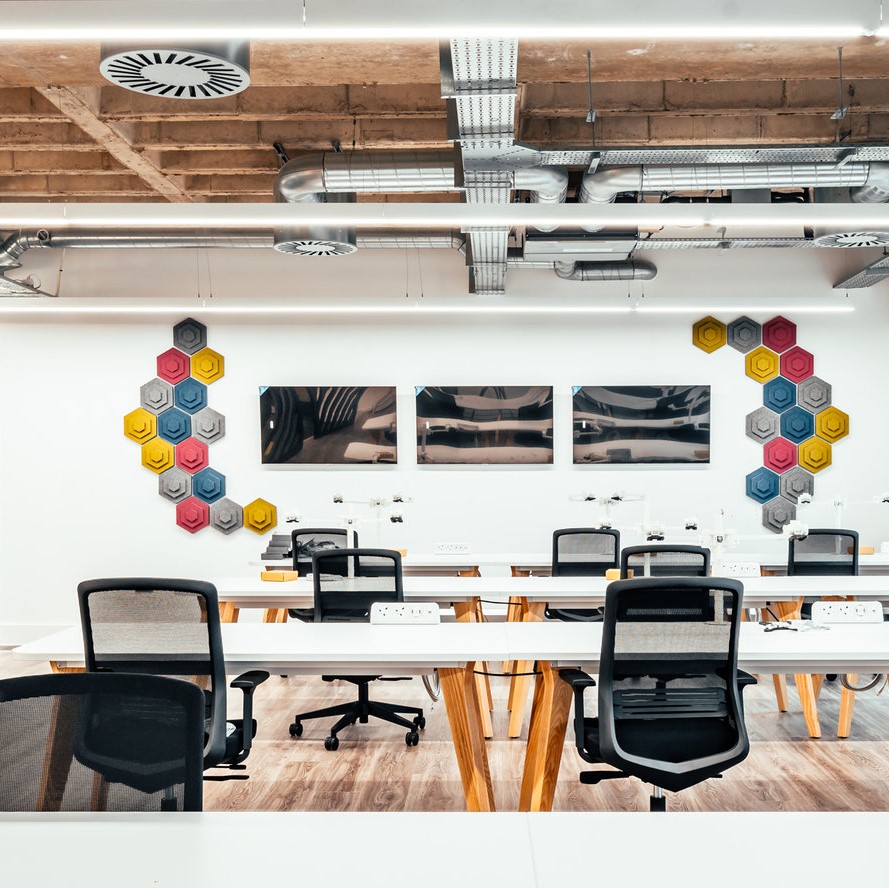To provide the best experiences, we use technologies like cookies to store and/or access device information. Consenting to these technologies will allow us to process data such as browsing behaviour or unique IDs on this site. Not consenting or withdrawing consent, may adversely affect certain features and functions.
The technical storage or access is strictly necessary for the legitimate purpose of enabling the use of a specific service explicitly requested by the subscriber or user, or for the sole purpose of carrying out the transmission of a communication over an electronic communications network.
The technical storage or access is necessary for the legitimate purpose of storing preferences that are not requested by the subscriber or user.
The technical storage or access that is used exclusively for statistical purposes.
The technical storage or access that is used exclusively for anonymous statistical purposes. Without a subpoena, voluntary compliance on the part of your Internet Service Provider, or additional records from a third party, information stored or retrieved for this purpose alone cannot usually be used to identify you.
The technical storage or access is required to create user profiles to send advertising, or to track the user on a website or across several websites for similar marketing purposes.
 Corporate real estate and workplace association CoreNet Global has announced that its Global Summit taking place in Amsterdam in September will examine the role that corporate real estate can play in leading, creating and fostering experiences that enable business success. The Summit, Amsterdam, which takes place this September, expects to bring together more than 650 corporate real estate executives, 100 speakers across 50 sessions. More →
Corporate real estate and workplace association CoreNet Global has announced that its Global Summit taking place in Amsterdam in September will examine the role that corporate real estate can play in leading, creating and fostering experiences that enable business success. The Summit, Amsterdam, which takes place this September, expects to bring together more than 650 corporate real estate executives, 100 speakers across 50 sessions. More →



































July 11, 2019
The scale of the problem for workplace design 0
by Mark Eltringham • Architecture, Comment, Workplace design